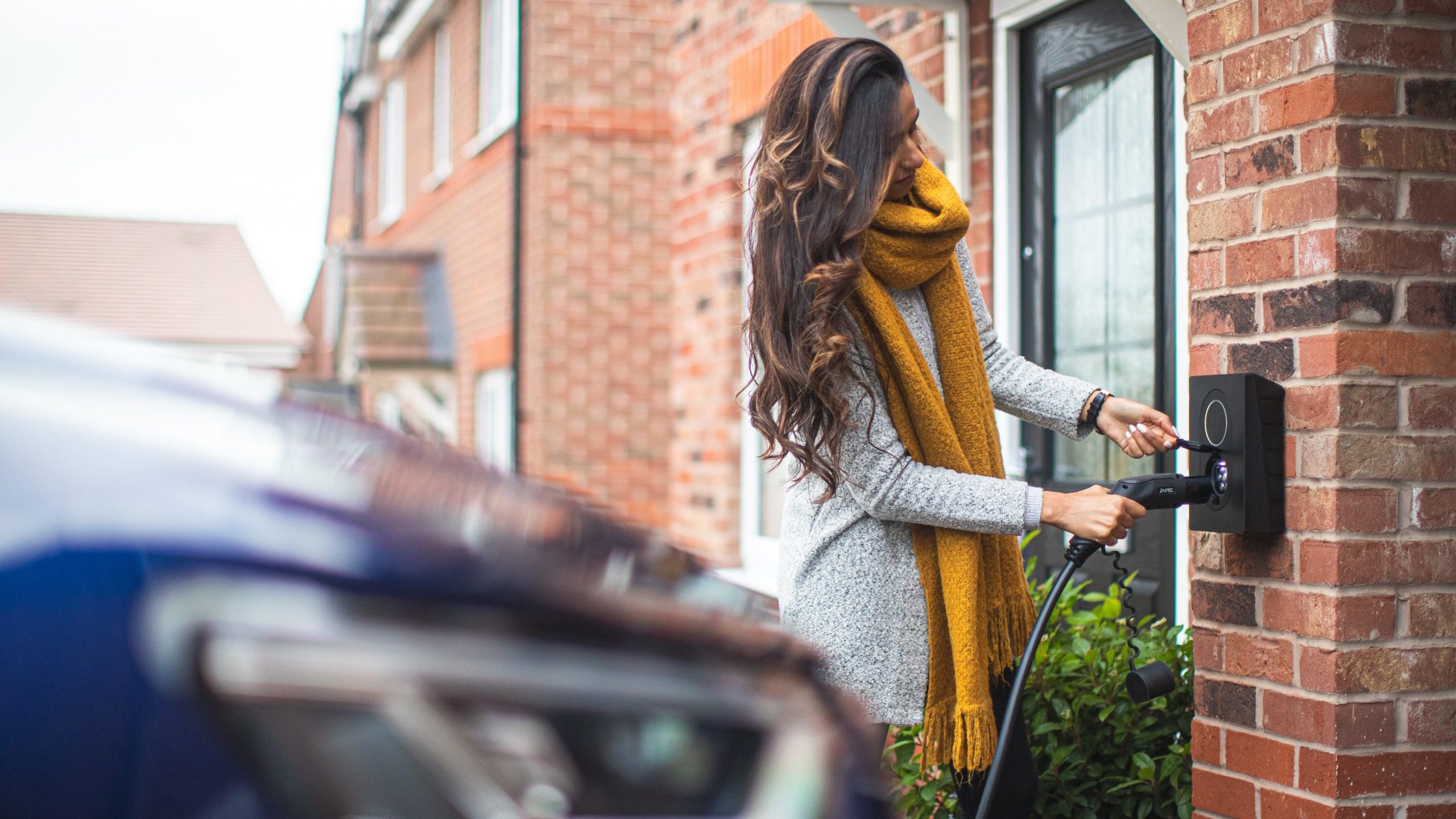The report is backed by Labour’s shadow climate change secretary Ed Miliband and Tory MPs, as well as 2019 Conservative manifesto co-author Rachel Wolf.
Get the latest news and insight into how the Big Issue magazine is made by signing up for the Inside Big Issue newsletter
Miliband said: “Building the green economy of the future is a chance to change our country so we put working people first. From a national Warm Homes Plan to insulate Britain’s cold and draughty homes, to creating good jobs in the green industries of the future, tackling the climate crisis can help us become a fairer, more prosperous country.
“I welcome this report as a contribution to the vital national discussion on how we create a green economy which delivers for the British people in a just and equitable way.”
Surveys have shown those on middle and lower incomes are sympathetic to the need to reach net zero but their support drops more significantly than it does for higher earners once the prospect of higher bills and taxes are raised.
Wolf said: “Low-to-medium income households value hard work and decency, family and fairness. Since 2010, these households have been an increasingly core part of the Conservative coalition. A swing back to Labour will accelerate if Conservatives fail to deliver on their 2019 promises, including the environment.
“To win over these households but also ensure that net zero is both fair and effective, both parties need to demonstrate how the transition will improve their everyday lives.”
When it comes to electric vehicles, the study found the high up-front cost, compounded by the “complex and expensive” financing options and an underdeveloped resale market, is putting drivers off. FairCharge’s survey of 2,000 new car buyers found all of them would choose either an electric car (47 per cent) or a plug-in hybrid (53 per cent) over a petrol or diesel car, if upfront costs and access to charging were equivalent.
The report also called for more financial support for heat pumps and to make them cheaper to run. Researchers also criticised the government for delaying its Future Homes Standard until 2025. They want the scheme, which will require all new homes to be built with high energy efficiency, brought in by 2023.
“This delay is a bad deal for anyone purchasing a new home who will have to retrofit it in future, rather than housing developers taking that responsibility now,” the report states. “According to the CCC, building an energy efficient home with low carbon heating at the outset costs in the region of £1,300 to £6,900 more, increasing a developer’s costs by 1.1 to 4.3 per cent. The cost of fitting it later is five times more.”
Peter Aldous, MP for Waveney, said: “To be successful, fairness must be at the very heart of the net zero transition. Low to middle income households are currently struggling to see the benefits of the green transition as they are being priced out. The government must adopt a new approach to appeal directly to these households.”









